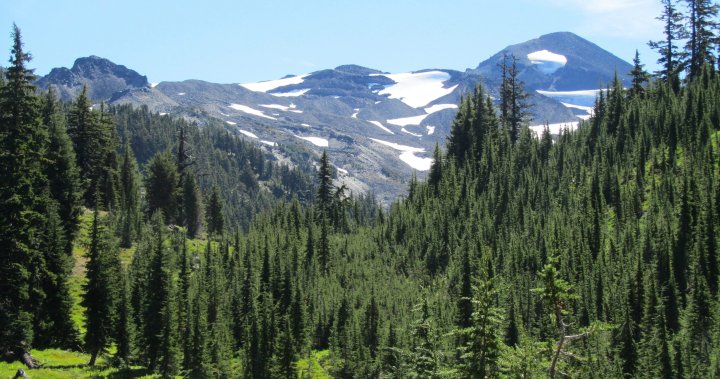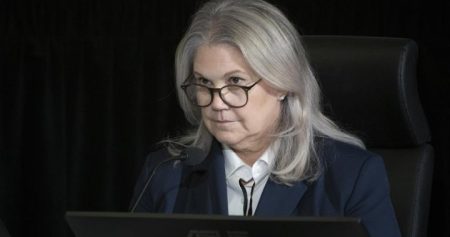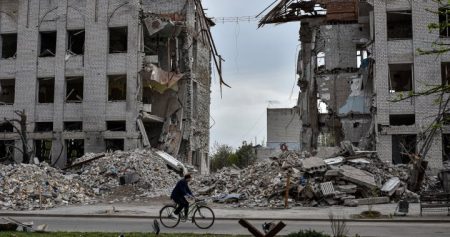The Canada Border Services Agency (CBSA) has recently announced the termination of undocumented access to a section of the Pacific Crest Trail (PCT) extending into Canada. The PCT, a renowned hiking and horseback riding trail spanning approximately 4,265 kilometers from Mexico to Canada, includes a 13-kilometer extension into British Columbia that has traditionally been accessible to hikers without formal border crossing procedures. This change in policy now requires all individuals wishing to hike this Canadian portion of the PCT to present themselves at an official port of entry, effectively ending the informal access previously permitted. The CBSA attributes this decision to the need for enhanced border security, monitoring of trail user compliance, and alignment with U.S. Customs and Border Protection (CBP) policies, which prohibit entry into the U.S. from Canada via the PCT.
The CBSA emphasizes its commitment to maintaining a secure and safe border, and continually evaluates its programs and operations to achieve this goal. The agency operates within a dynamic environment where security threats and other factors can necessitate adjustments to border control measures. This decision to formalize access to the Canadian section of the PCT reflects a proactive approach to border management, ensuring compliance with immigration regulations and enhancing overall security. The new policy mandates that hikers and horseback riders intending to complete the Canadian portion of the PCT must now officially report to a designated port of entry before continuing their journey.
The PCT, a scenic trail attracting hikers and outdoor enthusiasts from around the world, traverses diverse landscapes and offers a unique wilderness experience. The Canadian extension, although relatively short in comparison to the entire trail’s length, holds significance for many hikers seeking to complete the full PCT journey. Previously, hikers could seamlessly transition between the U.S. and Canadian sections of the trail without formal immigration procedures. However, with the implementation of the new policy, hikers must now interrupt their trek to present themselves at an official port of entry, adding a layer of logistical planning to their expedition.
The CBSA has specified the nearest ports of entry for PCT users as Osoyoos and Abbotsford, both located in British Columbia. Hikers and horseback riders must now factor in the additional time and travel required to reach these designated points. This change necessitates pre-planning and adherence to official border crossing procedures, including presenting necessary identification and complying with any applicable immigration regulations. The CBSA’s decision aligns with the approach taken by U.S. Customs and Border Protection, which does not permit entry into the United States from Canada via the PCT. This harmonization of border control policies between the two countries aims to enhance overall security and ensure consistent application of immigration regulations along the shared border.
The CBSA’s announcement has implications for the hiking community and underscores the evolving nature of border security. While the PCT has historically facilitated a sense of seamless transition between the U.S. and Canadian sections, the new policy introduces a formal requirement for border crossing procedures. This change requires hikers to adapt their plans and integrate official entry and exit procedures into their itineraries. The CBSA aims to strike a balance between facilitating recreational activities and upholding its mandate to protect the border and enforce immigration laws. By formalizing access to the Canadian portion of the PCT, the agency aims to enhance monitoring capabilities, improve border security, and align its practices with those of its U.S. counterpart.
This policy adjustment reflects the ongoing challenges faced by border agencies in maintaining security in a dynamic environment. The CBSA, like other border control organizations, constantly assesses and adapts its strategies to address emerging threats and vulnerabilities. The decision to terminate undocumented access to the Canadian section of the PCT is part of this broader effort to ensure the integrity of the border and the safety of both countries. By requiring hikers to formally present themselves at designated ports of entry, the CBSA aims to enhance its ability to track and monitor individuals crossing the border, deter unauthorized crossings, and maintain a secure border environment. This move reflects the increasing importance placed on border security in an era of evolving global challenges.










